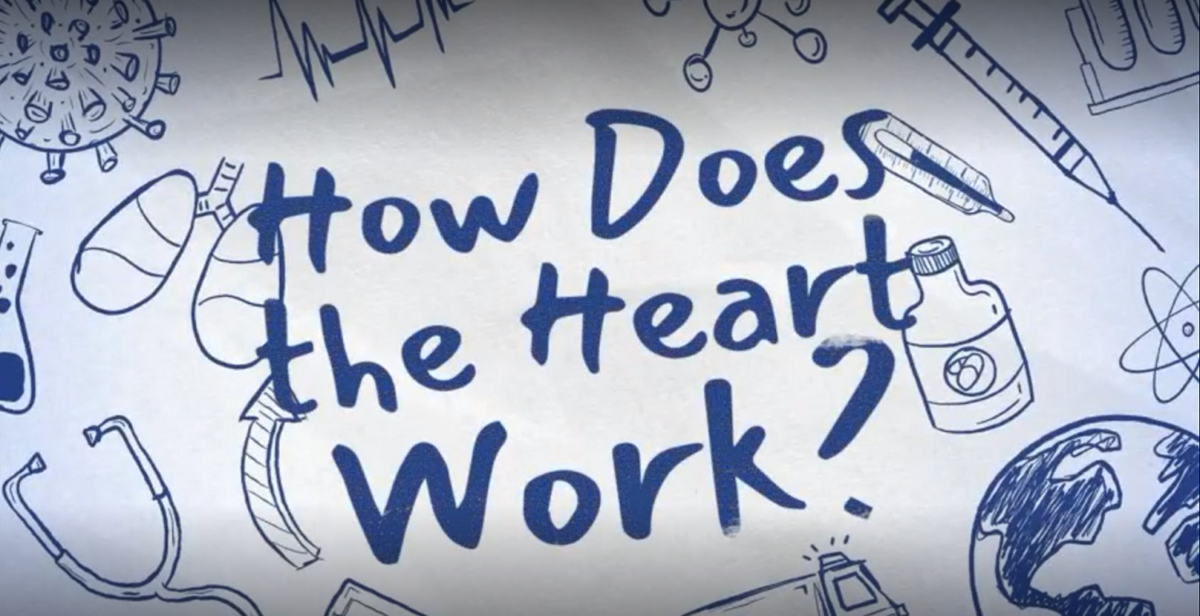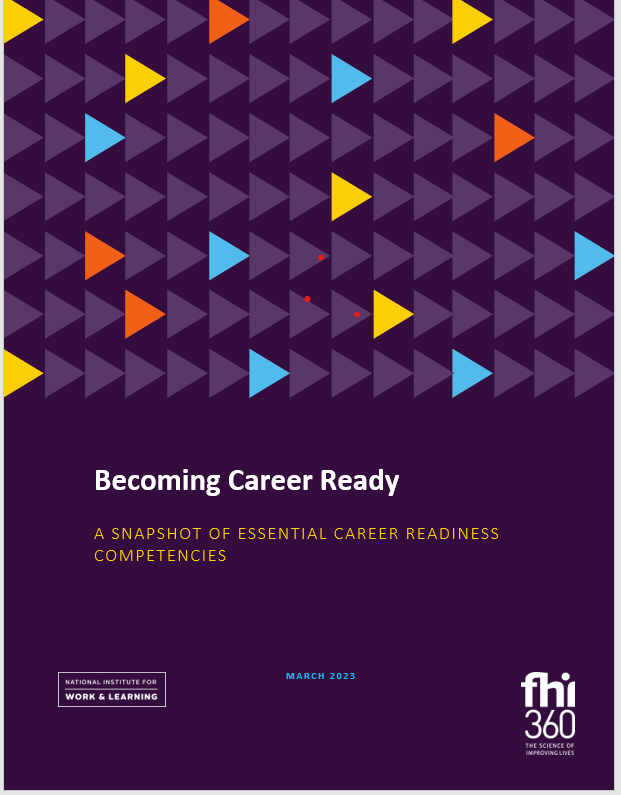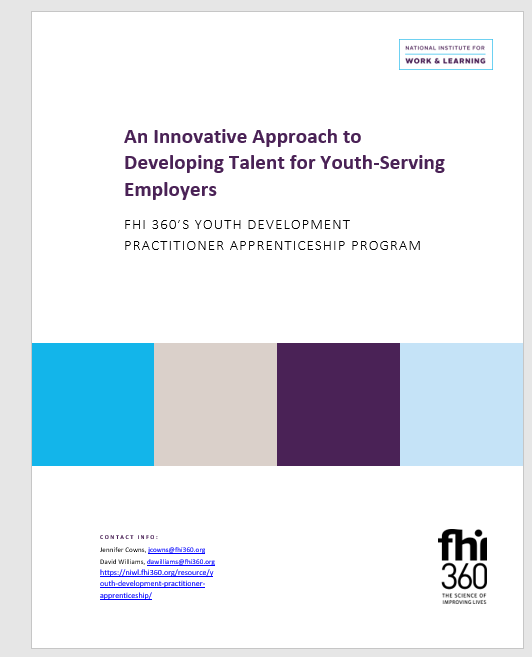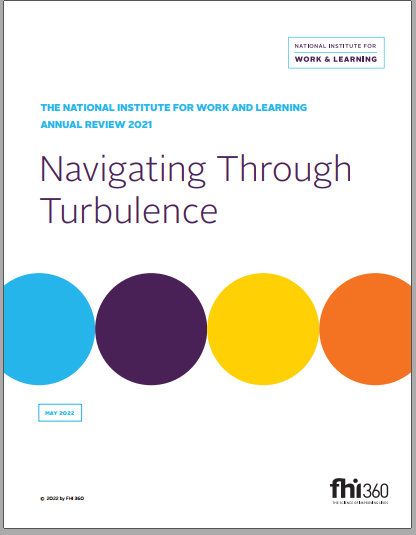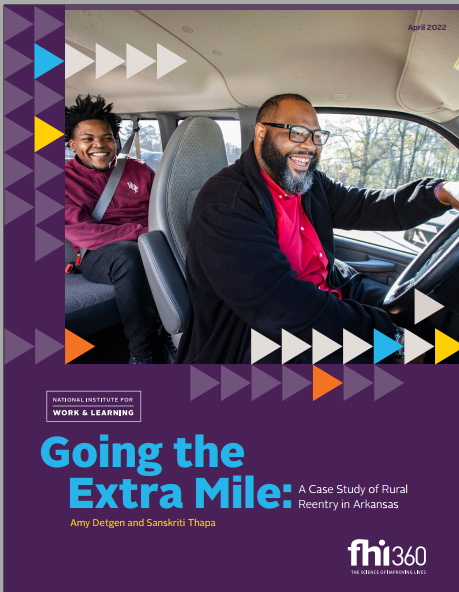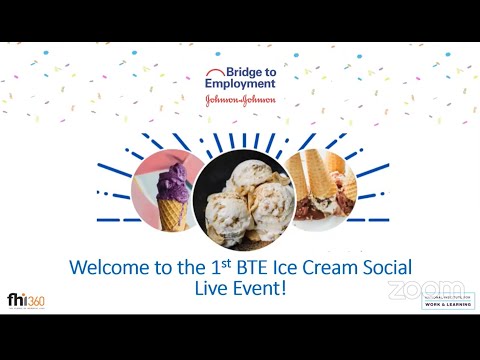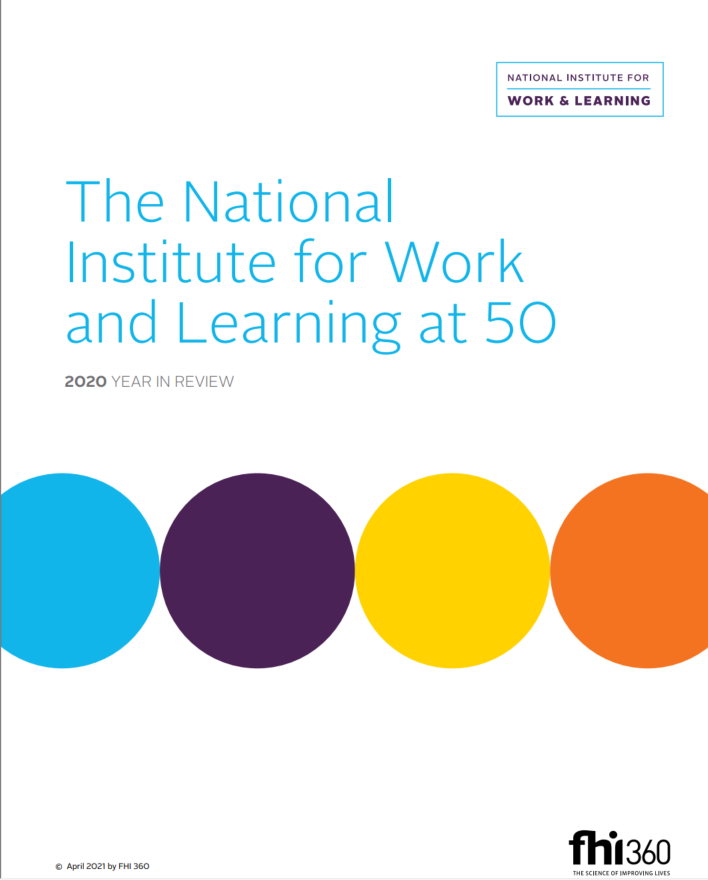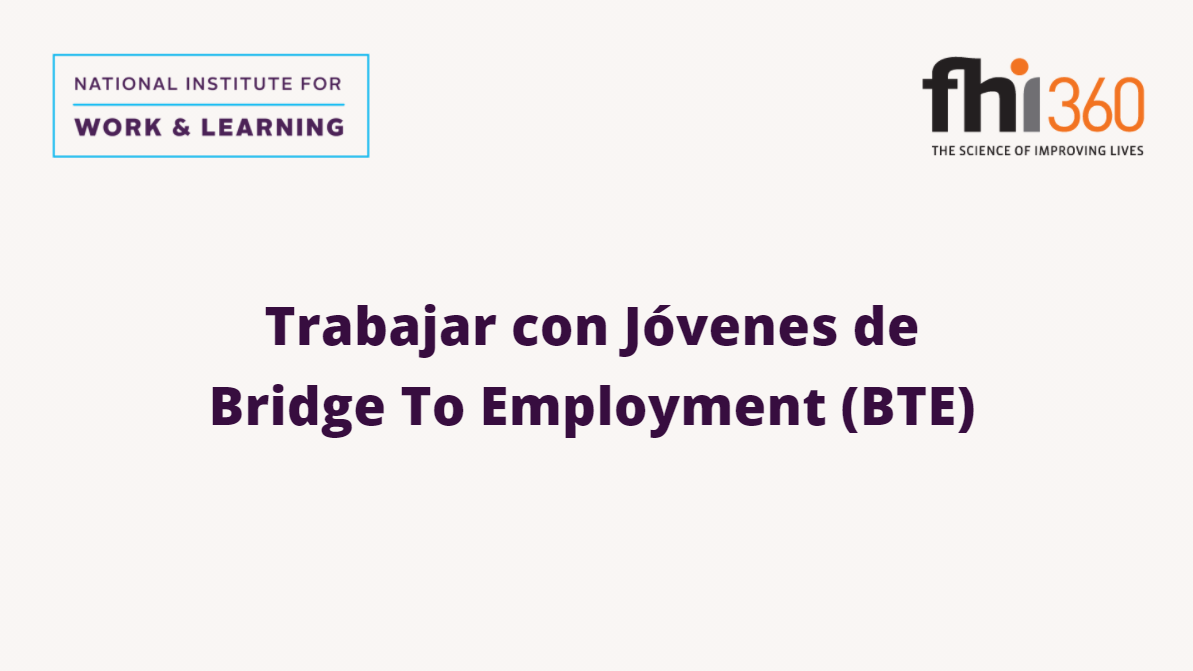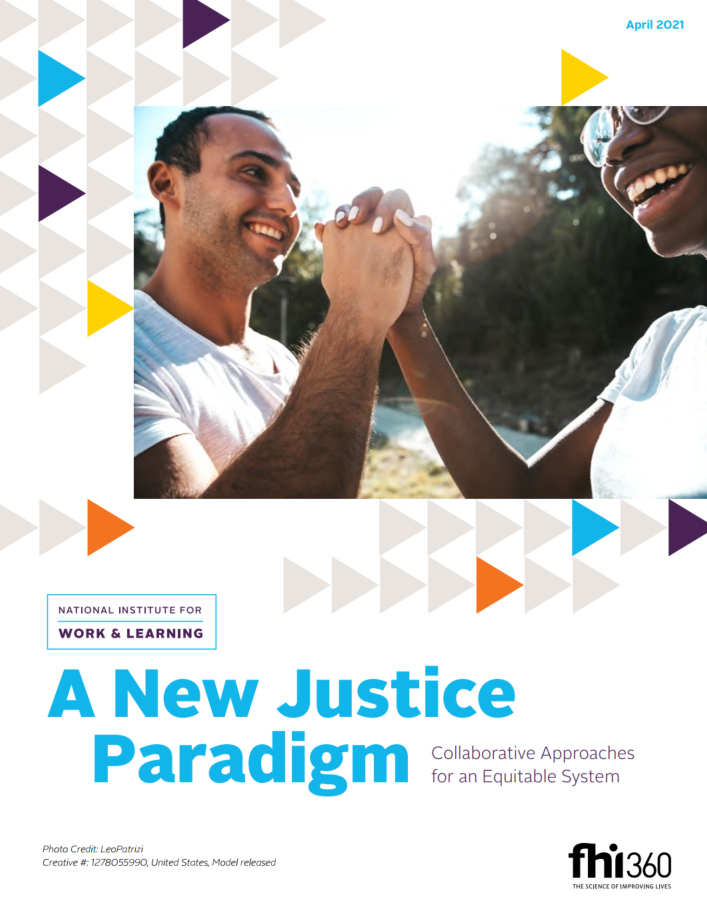Students try a variety of activities to learn about how the heart works, including seeing how much blood the heart pumps (and how fast!), measuring their pulses, learning which foods are heart-healthy, and seeing what happens when arteries get clogged. Find these activities and more on STEM2D.org.
Audience: Youth Navigators (Counselors, Parents, Service Providers, Volunteers)
The National Association of Colleges and Employers (NACE) has developed a list of 8 key career readiness competencies that individuals can use as guidelines to prepare for success in the world of work. A competency is the ability to do something successfully or efficiently. Being career ready means that you have these skills or core competencies and can apply them in real world work scenarios as you manage your career over time. Read Becoming Career Ready for a snapshot of each of these competencies and ways in which you can enhance and advance your development of each.
FHI360’s Youth Development Practitioner Apprenticeship program offers employers the opportunity to recruit and train employees while giving back to the community and filling their talent pipeline. YDPA targets both existing professionals and opens options for new professionals with lived experience in the communities they serve. Occupations include youth service intake counselors, outreach workers, or justice reentry case workers among others.
This annual review summarizes the work and accomplishments of the National Institute for Work and Learning across the areas of college and career readiness, workforce development, and research and evaluation. It references major projects, publications and events, and uses data to demonstrate outputs and, where possible, outcomes. The review also mentions new work won and our agenda for 2022.
Going the extra mile: A case study of rural reentry in Arkansas provides an exploration of a rural community in southeast Arkansas that takes a unique, individualized approach to reentering young adults ages 18-24. The received wisdom on rural reentry is that it is generally more difficult than reentry in an urban setting. Phoenix Youth and Family Services, which serves a rural part of Arkansas, has excelled on key outcomes as part of FHI 360’s Compass Rose Collaborative (CRC)1, a project funded by the U.S. Department of Labor to improve the education and employment outcomes of young adults,
ages 18 through 24, after involvement in the U.S. criminal justice system.
Phoenix Youth and Family Services provides wraparound support services to its participants to help juveniles, young adults, and families secure a safe, healthy, and strong life
Follow FHI 360’s STEM2D Coach and Bridge to Employment youth as they demonstrate the science behind making one of everyone’s favorite treats- ice cream! Host an event with your students where they can learn all about chemistry and how different states of matter are important in the ice cream making process.
This highlights the work and success of NIWL programming in 2020.
El eModule es un módulo de orientación y capacitación diseñado para los empleados de la compañía operativa local de Johnson & Johnson que son nuevos en el programa Bridge to Employment y que trabajarán con jóvenes. Los conceptos clave introducidos incluyen el desarrollo del cerebro de los adolescentes, el desarrollo positivo de los jóvenes, la comunicación eficaz y las prácticas de construcción de relaciones. Este módulo electrónico introductorio es seguido por una capacitación en persona con especialistas de FHI 360 que explorarán cada tema en mayor detalle
A New Justice Paradigm: Collaborative Approaches for an Equitable System, explores the justice system from the perspective of criminal justice practitioners and young adults aged 18 to 24 who have been impacted by the justice system. We take this approach both to understand better— at the ground level—the system that exists and to help imagine a more supportive, more efficacious, and more equitable alternative. Some of the striking elements of the current justice system include the overwhelmingly disproportionate representation of young Black males in the system and the tragedy of how trauma has affected their young lives. Institutional inflexibility, from first contact with law enforcement through incarceration, limits young people’s chances to break the cycle of poverty and to pursue work and learning opportunities that could enrich their lives and their communities.
This fact sheet profiles FHI 360’s National Institute for Work and Learning (NIWL) workforce development efforts.

